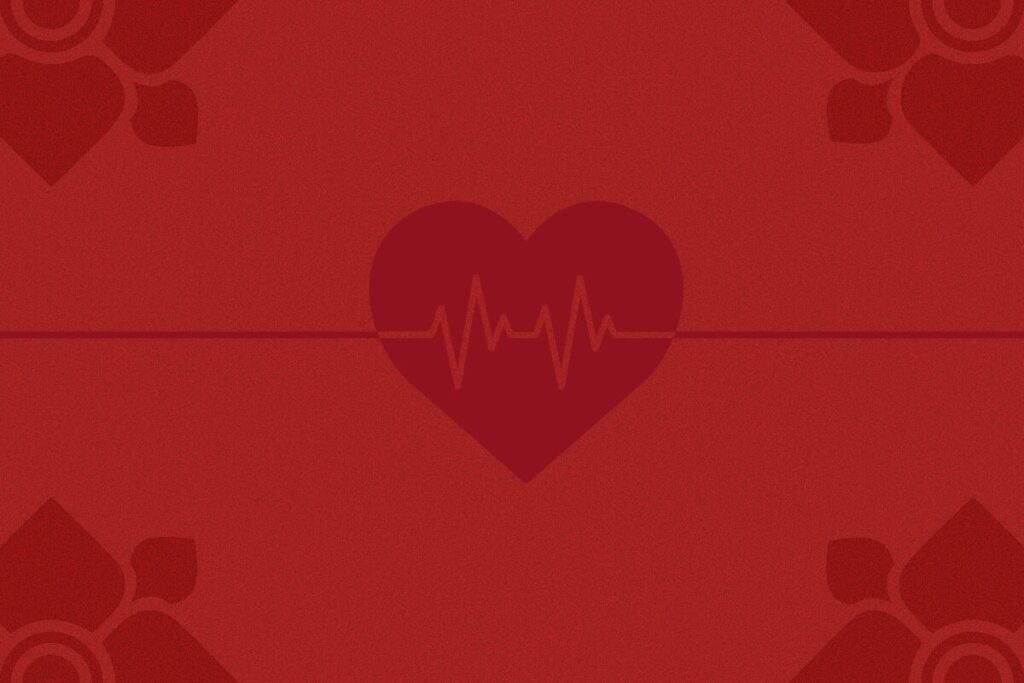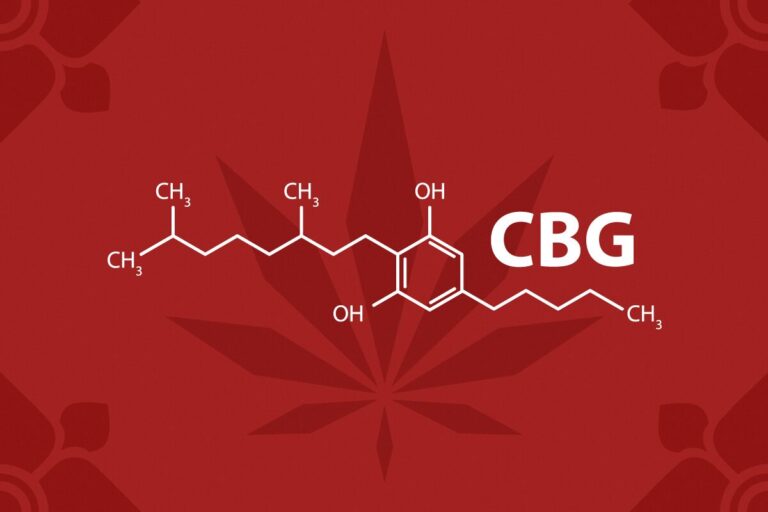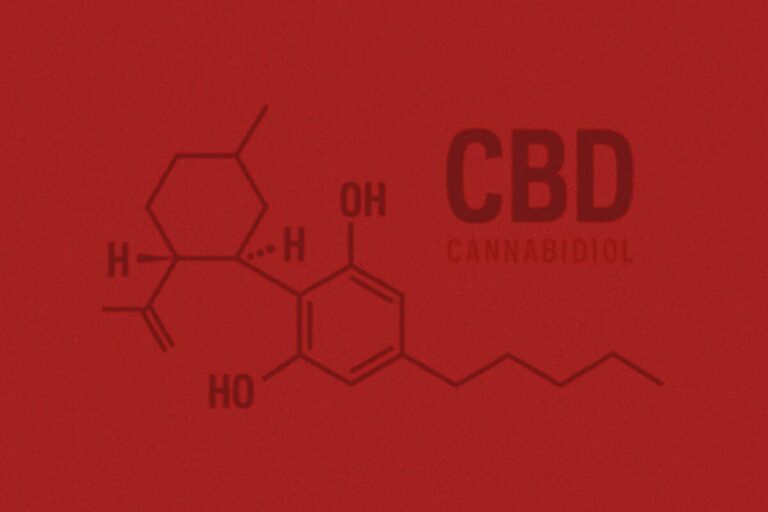Cannabis is a heaven for enthusiasts which gradually increases a large number of users each year all over the world, medical or recreational – depending on the laws and regulations in each setting. THC is a cannabinoid present in cannabis which might be the most familiar term in the cannabis industry. It activates the brain’s reward system and stimulates the release of dopamine resulting in feelings of pleasure and happiness as well as gaining popularity among cannabis users who seek help for anxiety and depression.
There is some evidence that cannabis may have some kind of connection with heart issues. Join me and explore this article together from the explanation of THC, how THC interacts with heart disease, to its risks and side effects.
Key Takeaways
- THC is a major psychoactive cannabinoid found in cannabis plants while CBD, another cannabinoid in cannabis, doesn’t get you high.
- In the medical industry, THC has been used for treating patients with chemotherapy-negative side effects such as vomiting and nausea.
- THC activates the sympathetic nervous system which can increase heart rate and blood pressure.
- Research has revealed that there’s an increase in the risk of heart disease in patients with medical cannabis treatment more than those who don’t use cannabis.
- While those with little risk of heart disease may receive less impact, the individual with a family history of having heart disease should still be wary.
- People who are taking some kind of medication or have heart disease, high blood pressure, or irregular heart rhythm may be at more risk of triggering a heart attack when using cannabis.
What is THC?
THC, or in the scientific name delta-9-tetrahydrocannabinol, is the chemical compound that exists in cannabis and is also the main source of producing psychoactive or “high” effects after consuming cannabis. THC is also a cannabinoid that interacts with the endocannabinoid system and is naturally produced in the human body and helps control bodily functions such as sleep and mood. Some different methods of consuming THC include smoking, drinking, eating, and inhaling.
According to the National Institute of Health (NIH), THC has the ability to treat chemotherapy patients with negative side effects such as vomiting and nausea as well as stimulate appetite and the FDA has approved nabilone and dronabinol to treat these mentioned certain medical conditions.
For infrequent cannabis users, the THC can stay inside the body for 1 to 3 days after the last use and 30 days or longer in chronic users. The method of consumption can determine how long the THC can stay within your body, for example, the THC will remain in your body system longer when you consume edibles than vaping or smoking.
How THC Increases Heart Rate
THC can affect your heart through the activation of the sympathetic nervous system. It’s your body’s fight or flight response that can trigger an increase in heart rate and blood pressure, cause an irregular heart rhythm, or extra heartbeats.
Research suggests that after an hour of smoking cannabis, the risk of having a heart attack is several times higher than it would be normally. Those who have a minimal cardiovascular risk may receive less impact, however, anyone with a history of heart disease or anyone with a family history of cardiovascular problems should still be cautious about consuming cannabis.
A recent study has revealed that there’s an increased risk of heart attack and stroke among cannabis users. Another study found that 34% of the median age of 54 years old has an increased risk of heart failure in those who consumed cannabis daily compared to those who never use it. According to the European Heart Journal, there’s a 64% risk of increasing heart disease such as atrial fibrillation in patients with medical cannabis use compared with those who don’t.
CBD vs THC, What’s the Difference?
CBD is a short form of cannabidiol, another compound found in cannabis, just like THC. What makes CBD different from THC is that CBD doesn’t give psychoactive or intoxicating effects, so it doesn’t get you “high”.
CBD usually promotes relaxation, reduces anxiety, and mediates antiepileptic effects and THC induces euphoric effects and changes in blood pressure. Both THC and CBD have similar effects on treating medical conditions. While THC can help with low appetite, insomnia, and nausea, CBD holds therapeutic benefits including anti-anxiety, anti-inflammatory, and reduced pain from nerve pain.
There are side effects that both THC and CBD can provide. The users who use THC tend to experience dry mouth, paranoia, and dizziness with more serious reactions including panic attacks and psychosis. In contrast, consuming a high dosage of CBD will lead to sleepiness and liver issues.
Potential Risks and Benefits
Cannabis may offer numerous medical benefits, however, it doesn’t give any benefits to the heart. People with the following medical conditions may be at higher risk of using cannabis:
- Heart disease
- High blood pressure
- Irregular heart rhythm
- Taking certain medications
THC can interact with medications including some heart medications, by increasing or decreasing levels of other medications such as cholesterol medications and blood pressure medications.
Many cannabis users often mix it with tobacco. Smoking cannabis and tobacco can increase the risk of coronary artery disease (CAD) and other cardiovascular problems. Three risk factors for developing heart disease, regardless of an individual’s age are high cholesterol, tobacco smoking, and high blood pressure.
Conclusion
While the use of cannabis has been renowned worldwide for quite some time and might offer many medical advantages, on the other hand, cannabis doesn’t give any benefits for the heart but affects negatively. As explained by various research studies, THC can increase heart rate and can cause high blood pressure which can lead to worse health conditions such as heart attack and heart failure.
As one study stated, people with cannabis use have a higher risk of heart disease than those who don’t consume cannabis, therefore, those who already have heart disease should avoid the use of cannabis to prevent any further heart complications.





